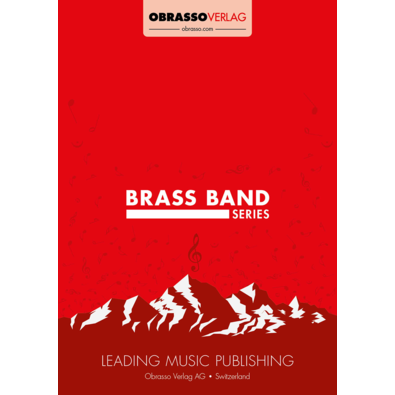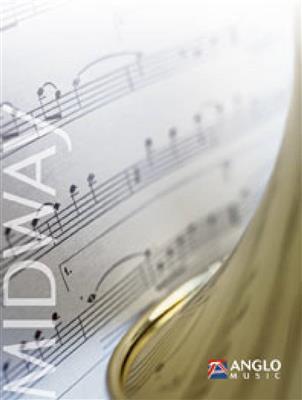We've found 58 matches for your search. Order by
Results
-
 £59.70
£59.70A Swiss Renaissance Suite - Ludwig Senfl - Sandy Smith
Estimated dispatch 7-14 working days
-
 £64.50
£64.50 -
 £64.50
£64.50Four Renaissance Dances - Claude Gervaise - Alan Fernie
Estimated dispatch 7-14 working days
-
£99.10
Four Renaissance Dances - Claude Gervaise - Alan Fernie
Estimated dispatch 5-14 working days
-
 £49.60
£49.60FOUR RENAISSANCE DANCES - Susato Tilman - Jansen Ralph
Estimated dispatch 7-14 working days
-
 £24.60
£24.60FOUR RENAISSANCE DANCES (Partitur/Score) - Susato Tilman - Jansen Ralph
Estimated dispatch 7-14 working days
-
 £58.60
£58.60FOUR RENAISSANCE DANCES (Brass Band) - Gervaise, Claude - Fernie, Alan
Medium
Estimated dispatch 7-14 working days
-
 £58.60
£58.60FOUR SCOTTISH RENAISSANCE DANCES (Brass Band) - Smith, Sandy
Medium/Easy Includes: Almayne; Paven; Galliard; Coranto
Estimated dispatch 7-14 working days
-
£28.00
5 Renaissance Dances - Michael Praetorius - Peter Knudsvig
Estimated dispatch 7-14 working days
-
 £59.99
£59.99Madrigalum - Philip Sparke
The idea behind this work was to create an opening piece, something to start a concert in an unusual way. The title is a portmanteau word derived from madrigal. The work indeed begins in Renaissance mood however gradually tries to shake of its modal start and, by contrasting different instrumental families,the work changes into modern clothes.Why not add a little Renaissance splendor to any concert with this unique new work?
Estimated dispatch 5-14 working days
